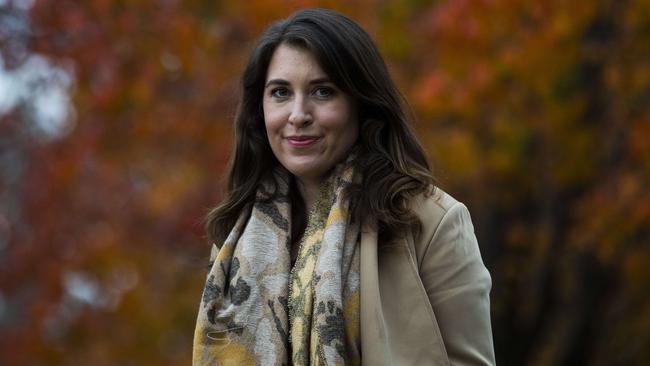Senate inquiry backs press freedom shake-up after Smethurst and ABC police raids
Stronger protection for journalists is ‘urgently’ needed and secrecy laws that thwart the public’s right to know must be overturned, Senate report finds.

Stronger protection for journalists who report on matters of national security is “urgently” needed, and existing secrecy laws that thwart the public’s right to know must be overturned, according to a Senate report released on Wednesday.
The Senate committee made 17 recommendations as part of its examination of the curbs on press freedoms “which affect not just the media but every Australian”.
Among the recommendations are the need for tightening the protocols surrounding court-issued search warrants against journalists; greater legal protections for whistleblowers; a requirement that prosecutors prove news reports into secretive and sensitive national security matters are not in the public interest, rather than putting the onus of proof on the media; and for government agencies to prove “real and serious harm” has been caused by publication of classified information before a criminal investigation can proceed.
The Senate inquiry, chaired by Greens senator Sarah Hanson-Young, and with a Labor/Greens majority, was sparked by a series of police raids on the media in 2019; the home of then-News Corp journalist Annika Smethurst was raided, as were the ABC’s Sydney headquarters, following stories on matters relating to national security. The stories were based on leaked classified information. Neither of the raids, both of which were conducted following the issuing of search warrants, resulted in any convictions.
The raids also prompted Australia’s big media organisations, including News Corp (publisher of The Australian), Nine, the ABC and SBS to join forces as part of the Right to Know coalition, which called for stronger protections for media freedom.
The report, released on Wednesday, concluded: “No doubt the inquiry has merely touched the tip of the iceberg in its examination of criminal and national security laws and their impact on press freedom and the media.
“The committee heard that there are multiple factors which contribute to an environment where press freedom is undervalued and a pervasive chilling effect significantly undermines public interest disclosures and public interest journalism, with consequent impacts on the role of the media in the Australian democracy.
“Clearly, there is recognition of the need for urgent reform.”
Senator Hanson-Young on Wednesday said restrictions on journalists through the pandemic had highlighted the need for more press freedom in Australia.
“COVID-19 has shown access to accurate and comprehensive news has never been more important. Yet at the same time, we have also witnessed less information being available to the public under the guise of COVID and national security,” she said.
“Whether it’s the government hiding behind national cabinet confidentiality … or refusing to answer questions about the vaccine rollout, the public’s right to know is being thwarted.”
The release of the Senate report comes nine months after a separate inquiry into press freedoms in Australia was concluded by the Parliamentary Joint Committee on Intelligence and Security. That committee found the issuing of search warrants against journalists and whistleblowers should have to be signed off by Supreme Court judges, rather than registrars of lower courts. It also advocated for better protections for whistleblowers.
The PJCIS recommendations had bipartisan support, although that report was criticised by Labor and the Greens at the time for “not going far enough”.
In a dissenting statement included in the report released on Wednesday, the federal government noted some of the committee’s recommendations overlap with the PJCIS report, “which generally is more thorough”.
Opposition legal affairs spokesman Mark Dreyfus and communications spokeswoman Michelle Rowland said in a joint statement the Morrison government had to respond quickly.
The Communications Minister Paul Fletcher was unavailable for comment.



To join the conversation, please log in. Don't have an account? Register
Join the conversation, you are commenting as Logout